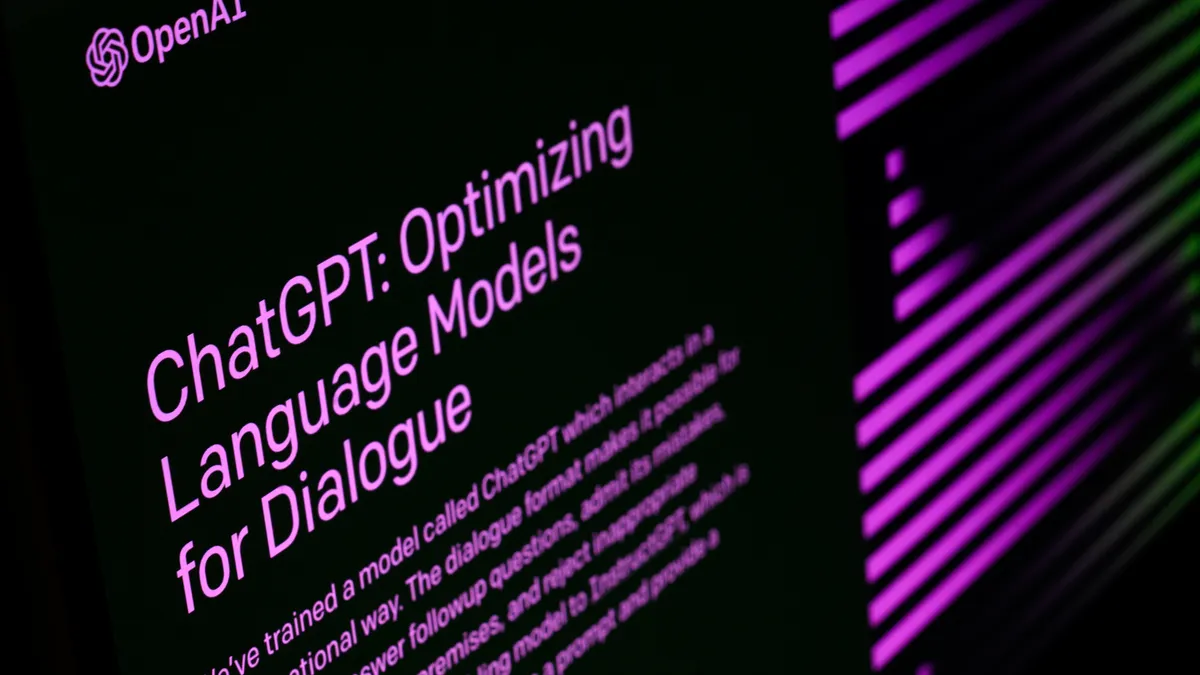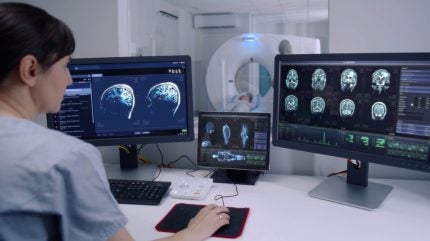Welcome, MedTech Professionals.
W51 Edition of The MedTech AI Monitor
Hey there,
It has been a busy week as AI frontier model companies have been frantically pushing out new updates and features. I'm planning on wrapping all those up in an end of year finale email, stay tuned!
This week I got the chance to chat with Julie Caccamise from Quality Matters Consulting about the AIGP credential and her thoughts on AI frameworks.
Have a great rest of your week!
-Greg
tl;dr
-Still no FDA cleared or approved generative AI devices
-Governance Professionals, check out the AIGP credential
-AI is no longer a MedTech novelty, but critical tool
1. Takeaways from the FDA’s first digital health advisory committee
The FDA’s first digital health advisory committee convened to address the challenges of regulating generative AI in medical devices. While nearly 1,000 AI-enabled devices have been approved, none currently use adaptive or generative AI, which raises unique concerns such as data biases, transparency, and error reporting. Key takeaways from the meeting include: patients want to be informed when AI is used in their care; health equity must be prioritized to avoid amplifying disparities; hospitals are still cautiously adopting generative AI and developing best practices; and regulatory frameworks are needed to identify, report, and mitigate AI errors. [Link]
2. Precision with Pixels: The Future of Surgery
Advancements in AI, robotics, and digital health are transforming surgery with real-time navigation, intraoperative adjustments, and 3D tissue visualization for unmatched precision. Intelligent robotics and digital implants further enhance outcomes, marking a shift toward personalized, data-driven care where technology and human expertise collaborate seamlessly. [Link]
📌 AI Job Board
MedTech Segment Head - Remote, EPAM Systems, $220,000/yr - $300,000/yr
Manager, Embedded Software R&D, J&J MedTech
Senior Business Consultant - MedTech (Remote), Veeva, $80,000/yr - $200,000/yr
Regulatory Affairs Manager - MedTech, Stealth Startup, $150,000/yr - $180,000/yr
🗞️ In Other News
📄 Doc Control
- AI Governance in Practice Report 2024 [70 pages]
This report by the IAPP and FTI Consulting aims to inform AI governance professionals of the most significant challenges to be aware of when building and maturing an AI governance program. [Link]
Ask The Expert: AI Governance
Julie and I met back in June via LinkedIn and have chatted frequently about long-term consequences of Artificial Intelligence and how we think/use AI tools during our work. She was one of the very first in the world to become an IAPP Certified AI Governance Professional (AIGP)! [Link]
Greg: "Hey Julie- How has the AIGP certification through IAPP influenced your approach to AI governance, and what value does it bring to the field?"
Julie: The AIGP certification requires a deep understanding of principles already expected by health authority regulations and standards for SDLC, Data Privacy and Governance, Quality Management Systems, Risk Management Frameworks, and Project Management. As an experienced quality professional in the life sciences sector, I already understood these concepts, allowing me to focus my studies on understanding various AI models and the existing and emerging laws and standards specific to AI. I highly recommend quality professionals in the life sciences sector pursue this certification! It will demonstrate your expertise in AI governance and enable you to help all industries innovate with AI. Let me know if you have any questions about the exam or how to prepare for it!
Greg: "What are the biggest challenges in integrating AI governance frameworks into existing risk management strategies?"
Julie: One of the biggest challenges is overcoming overthinking and fear of failure. Don’t let “the start” stop you! Existing regulations and standards already expect clear policies and processes for managing risk tolerance. Existing frameworks should already cover early risk identification, mitigation plans, ongoing monitoring, and adaptation strategies. When assessing new technical solutions, as always, include both technical and business expertise to fully grasp the risks. For AI solutions, consider return on investment, data governance, transparency, explainability, and ethical implications. Also, address potential failures and harms to patients, business operations, job redistribution, and the environment.
Greg: "From your experience in AI governance, what are some key principles or best practices that MedTech companies should adopt to ensure compliance with emerging AI regulations?"
Julie: Transparency, explainability, data governance, ethical considerations, and continuous education are key for compliance with emerging AI regulations. Companies must ensure AI models are interpretable, and decisions are clear to stakeholders. This involves documenting the development process, data sources, and decision-making criteria. Robust data governance includes ensuring data quality, integrity, security, and compliance with privacy regulations like GDPR and HIPAA. Prioritize identifying and mitigating biases in AI models to prevent discrimination. Engage experts from various fields to ensure responsible AI development and deployment. Regular audits and continuous training are essential too!
Greg: "What critical steps ensure AI systems are validated and reliable across industries?"
Julie: For those of you familiar with validation principles of medical devices and computer systems in the life sciences industry, you will notice many parallels and similar themes. Define clear objectives for what the AI system should achieve. Engage interdisciplinary experts. Collect high-quality, representative data relevant to the AI's intended use. Implement ongoing testing and validation processes to check the AI's performance and reliability. Ensure transparency and explainability so stakeholders understand how decisions are made. Monitor for biases and take steps to mitigate them. Regularly update and maintain the AI system. Seek independent audits of your AI systems.
Greg: "What role does cross-functional collaboration play in effective AI governance, and how can organizations encourage it?"
Julie: Cross-functional collaboration is crucial because it brings together diverse expertise, where different perspectives help identify strategies and mitigate risks that might be overlooked by a single team. To encourage this, leadership should foster open communication and create interdisciplinary teams with clear roles and responsibilities. Regular workshops and training sessions will bridge knowledge gaps.
Greg: "AI is often portrayed in movies and TV shows—what’s your favorite depiction of AI in pop culture, and how close (or far off) do you think it is from reality? Mine is 'Ex Machina', a bit depressing but I think there’s a chance we could be there within 10 years!”
Julie: 'Blade Runner 2049' shows AI capable of complex emotions, interactions, and self-awareness. I hope we have at least 15 years before we get there but I suspect it will be less than that! Let’s keep innovating and focusing on responsible development and regulation.
Reach out to Julie on LinkedIn or her company's site for any AIGP questions.
The views and opinions expressed in this email are for informational purposes only. They do not constitute legal advice. Readers are encouraged to consult with their own legal counsel regarding any specific legal questions or issues related to the topics discussed.


